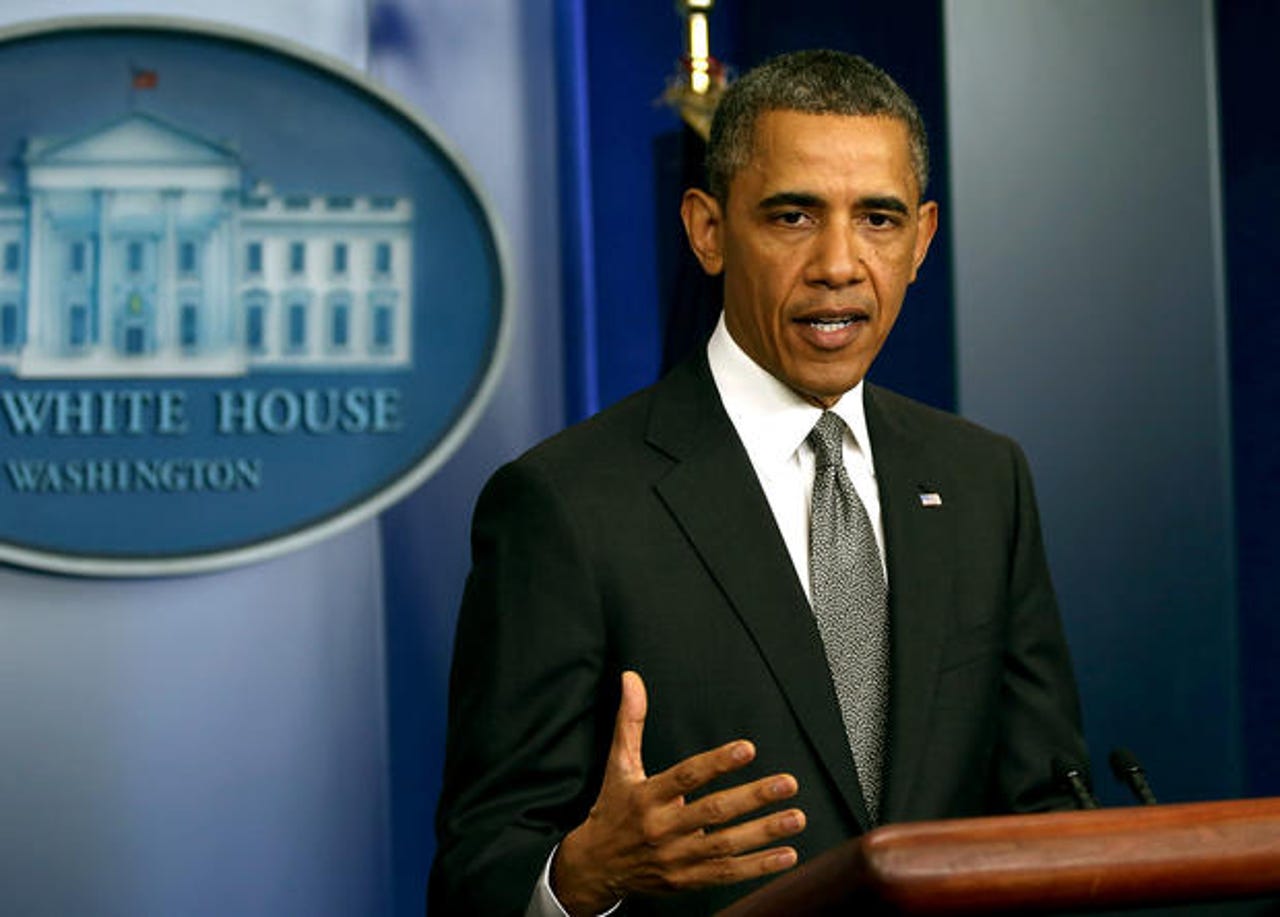In the NSA's aftermath, expect less cybersecurity cooperation

The Obama administration is expected to take executive action Friday, sweeping aside two years of congressional negotiations and bickering in an effort to bolster the country's cyber-defenses.
The president will make the case at a cybersecurity summit at Stanford University that private companies and technology giants need to share information with the government in an effort to prevent cyberattacks.
How that's going to go down when four of the major Silicon Valley chief executives aren't turning up isn't exactly clear.
(Democrats want to support the administration, and Republicans want to support businesses. And then you've got civil liberties and privacy advocates wanting greater protections for consumers. There's a lot at play. No wonder Congress found it so difficult, and failed to pass legislation.)
But it comes in the wake of mass surveillance by the National Security Agency (NSA), which Congress -- what a surprise -- still hasn't gotten around to fixing. These companies had to start again, and rebuild -- not only systems and operational security, but also the trust developed over the years.
The data-pilfering activities of the NSA were damaging. The NSA went in, took what it wanted, and left without a trace. And now the US government wants technology companies to voluntarily hand over data to the government?
Nice try. That probably won't fly too well on its own.
Featured
The president's executive order, according to Reuters, is aimed at "encouraging" companies to share more cyber-threat data with each other and government agencies.
There may be a wrinkle to overcome. Obama will urge Congress to pass legislation that will offer liability protection to data-sharing companies. Until that law comes into effect, Silicon Valley companies could face lawsuits and other legal pushback. That's a problem. But if these companies are concerned about cyberattacks, which they often fall victim to, they will surely want to begin sharing data that could prevent future attacks as soon as possible.
The New York Times on Friday summed up the relationship between Silicon Valley and the government as it stands now.
"The relationship has been poisoned," said Herb Lin, who recently left the National Academy of Sciences after two-decades before moving to Stanford late last year. "And it's not going to recover anytime soon," he said.
